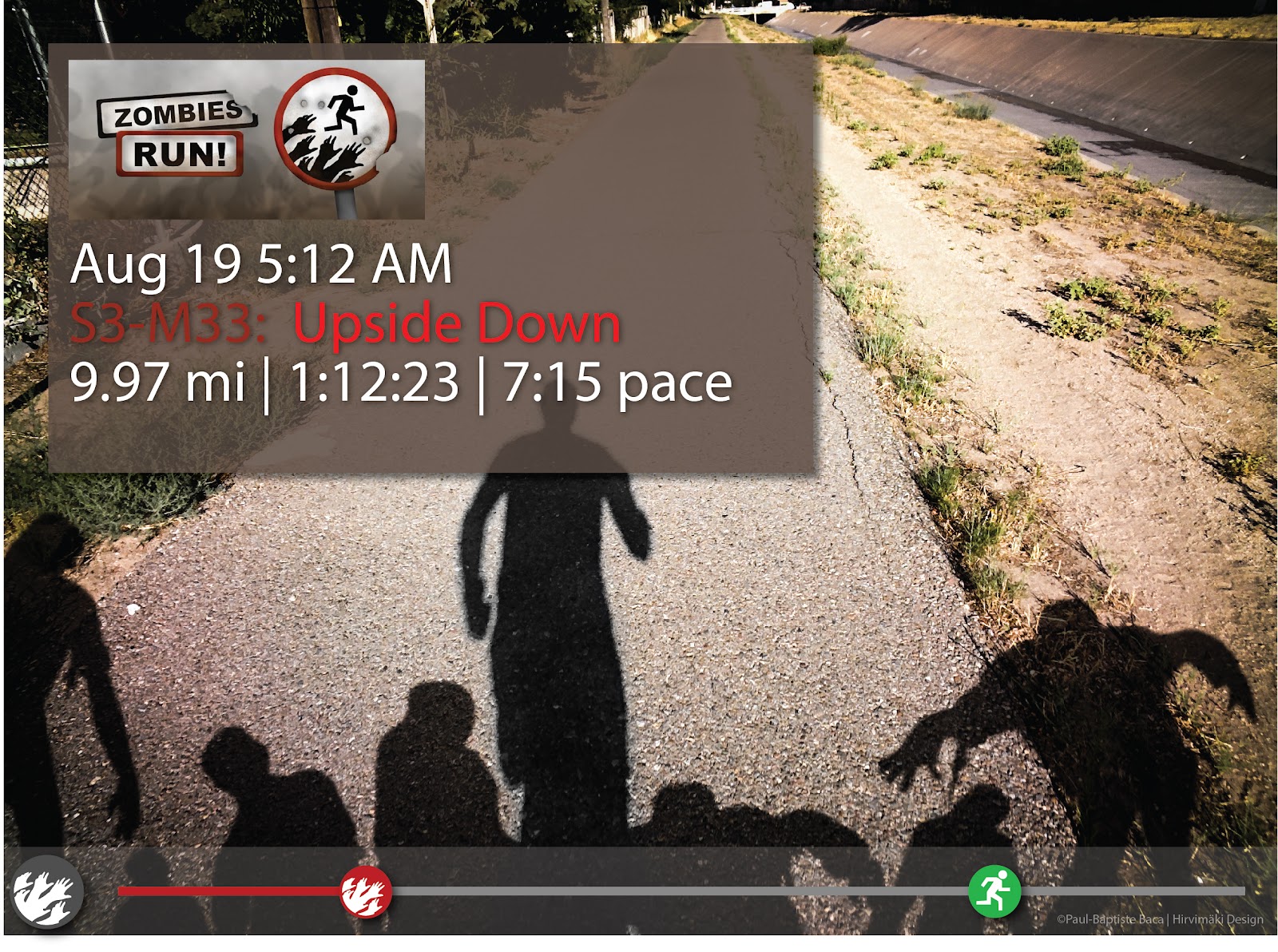A Jazz Suite in Four Movements
Movement I: Morning Syncopation
Upright bass, gently walking. The low hum of breath meeting light.
Epigraph:
"Skies are blue, and the dreams that you dare to dream really do come true." ("Over the Rainbow" (Harold Arlen & Yip Harburg), Ella Fitzgerald)
The labor is simple, repetitive, good. My hands work, my breath finds a tempo, and my thoughts come slowly into focus, still wrapped in whatever unfinished dreams I drag behind me from bed. I don’t speak, not aloud, but there’s a gentle dialogue inside. A meditation in overalls. There’s no agenda yet, no meetings, no pings. Just the sky, the animals, and the ache of something eternal nudging me from within:
Remember this.
This is what being alive feels like.
Movement II: Dialogue in Dissonance
The tempo picks up. Piano tinks, off-rhythm. Something is trying to swing but keeps tripping over its own shoelaces.
Epigraph:
"It don’t mean a thing if it ain’t got that swing." (Duke Ellington)
Then comes the workday.
And with it, the dissonance. The camera is off, not for vanity but for mercy, mine, mostly, though occasionally theirs. It’s easier to hide an eye-roll than explain one. I listen to professionals, experts, fumble with basic logic, misuse terms they pretend to understand, and build entire arguments on the scaffolding of misplaced confidence.
Somewhere deep down, I know it’s not malice. It’s just noise. People afraid of silence trying to fill it with something, anything. But I’m more comfortable with the music of not-knowing. Of asking. Listening. Waiting for the next note.
Still, I drift into inner dialogue, muttering under my breath like a bebop soloist just slightly behind the beat:
You don’t know what you don’t know, and that’s the problem.
Humility is jazz. Ego is Muzak.
Movement III: Parentheses of the Heart
The quartet softens. Vocals enter, warm and close. A nightingale sings.
Evenings arrive with a different melody. The kind that pulls at memory like a familiar chord. In the quiet, I think about my mother and father. Not the full people, of course, but the carved-out, burnished versions I carry in my heart.
They were better than I. Or at least they seem so. I measure myself against them constantly, trying to live up to something half-imagined and wholly revered. The irony, of course, is that they probably didn’t feel like they had it figured out either. But their voices still guide me, firm, gentle, kind.
And then there’s my wife, my daughters. My house full of voices that are all future and fire and love. My monologue bends toward them, always. They are the melody to my rhythm, the light in the next room, the reason I keep trying to become the man I imagine they see when they look at me.
This is your real work, the voice says.
Everything else is just noise.
Movement IV: Coda: Improvised Order
Tempo: drifting but alert. Upright bass again, slow heartbeat. Fade to brushwork.
Epigraph:
"Molly and me and baby makes three, we’re happy in my blue heaven." ("My Blue Heaven" (Donaldson & Whiting), Harry Connick, Jr.)
The day ends faster than it should. Always.
I lie there, staring into the dark, wondering where it went. Did I read enough? Think enough? Create something worth keeping? Probably not. But the beauty of jazz is that it’s never about perfection—it’s about presence. About being in the room when the moment arrives, ready to listen and play your part.
So I reflect. A little hopeful. A little melancholy. Like a love song sung one room over. Like Sinatra on the radio and the smell of warm hay on your sleeves.
My Blue Heaven hums in the background.
The monologue slows, but never stops.






Comments